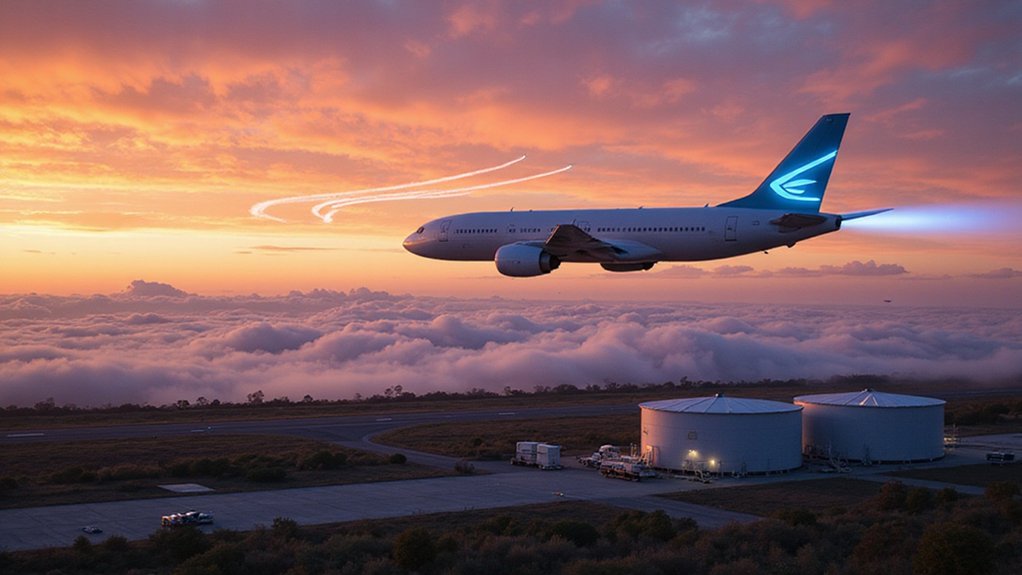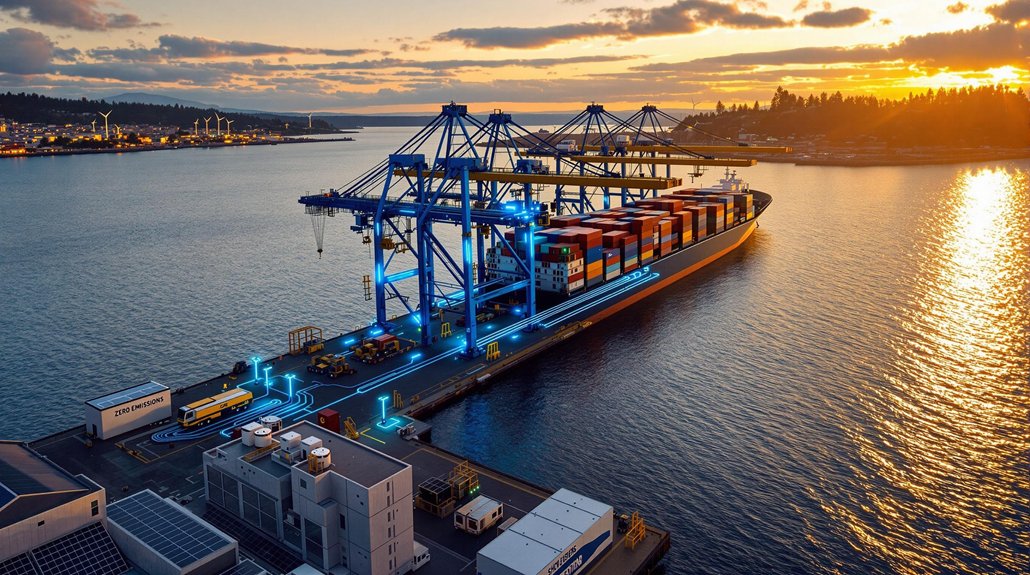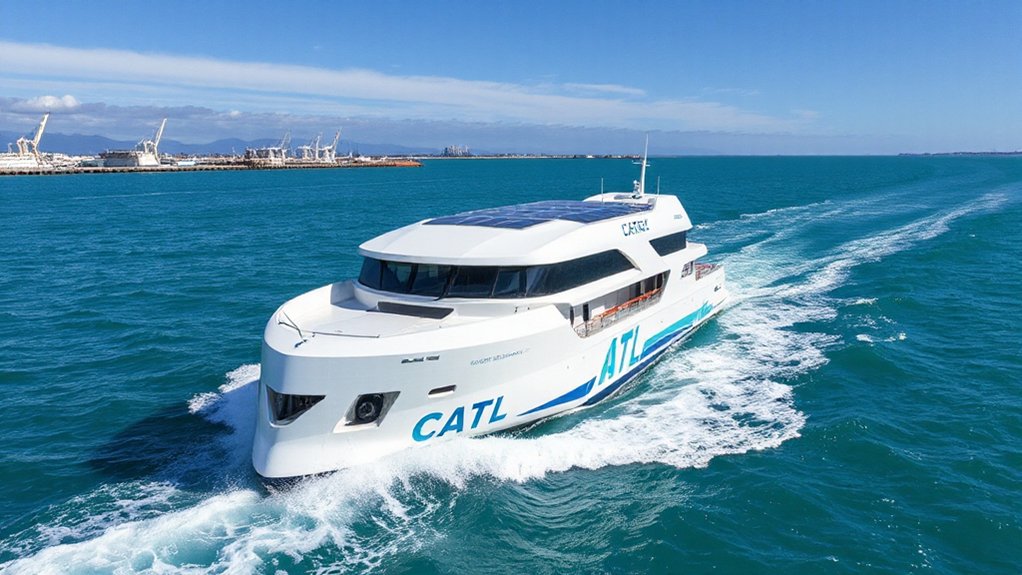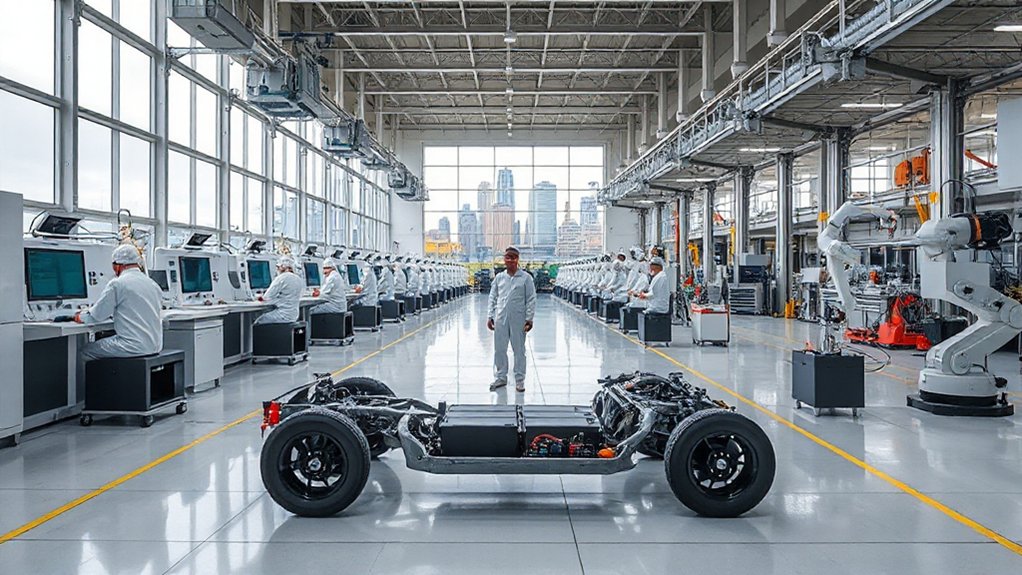Carbon trading schemes, like the EU’s expanding maritime emissions system, may push shipping companies toward liquefied natural gas (LNG) as an interim solution, Maersk warns. While LNG reduces CO2 emissions by about 25% compared to traditional fuels, greener alternatives like methanol face supply and cost challenges. The shipping industry, responsible for 3% of global emissions, must reduce its carbon footprint by 15% before 2030. New regulations could spark faster progress toward sustainability goals.
As the world grapples with climate change, shipping giants are facing new financial pressures from carbon trading schemes. The European Union’s Emissions Trading System (EU ETS) is expanding to include maritime shipping in 2024. This alteration will gradually increase coverage from 40% of emissions in 2024 to 100% by 2026.
The financial impact on the industry could be substantial. Estimates suggest the EU ETS will cost shippers around €10 billion annually once fully implemented. Asian shipowners alone might face €500 million in liabilities this year, potentially rising to €1 billion by 2026. Many shipping companies are already announcing surcharges averaging $30 per container to offset these costs.
Carbon pricing will cost shipping companies billions, with costs passed to customers through container surcharges.
These carbon pricing mechanisms are designed to push the industry toward cleaner options. Shipping currently accounts for 3% of global emissions, producing 858 million tons of CO2 in 2022. Without action, emissions could increase by 130% by 2050 compared to 2008 levels. This pales in comparison to aviation, which already contributes 2.5% of global CO2 emissions despite serving only a fraction of global transportation needs.
Maersk, one of the world’s largest shipping companies, cautions that the new carbon pricing could drive companies toward liquefied natural gas (LNG) as an interim fuel. LNG reduces CO2 emissions by about 25% compared to traditional bunker fuel and can cut sulfur oxide emissions by up to 100%.
Despite previously promising to avoid LNG ships, even Maersk is shifting toward them as a stopgap while green methanol production scales up. In 2023, the Port of Barcelona recorded 618 LNG-powered ship calls, showing the growing adoption of this fuel. Companies face strict compliance requirements including monitoring plan submissions by April 1, 2024, with carbon emissions tracking beginning January 1, 2024.
However, greener alternatives like methanol face significant challenges. Current global production is insufficient for shipping industry needs, and green methanol costs nearly twice as much as traditional bunker fuel. The shipping industry would require nearly 1 million tons of methanol annually just to operate Maersk’s new ships for a year.
The International Maritime Organization is developing a global carbon pricing framework for 2027 implementation, potentially accelerating the industry’s advancement. To meet climate goals, shipping companies must reduce emissions by 15% before 2030, with the IMO targeting 70-80% reductions by 2040 compared to 2008 levels.









